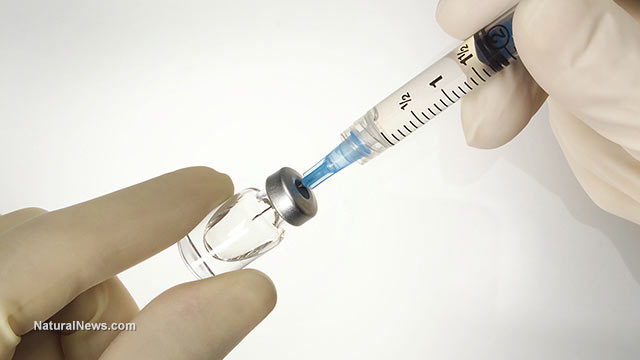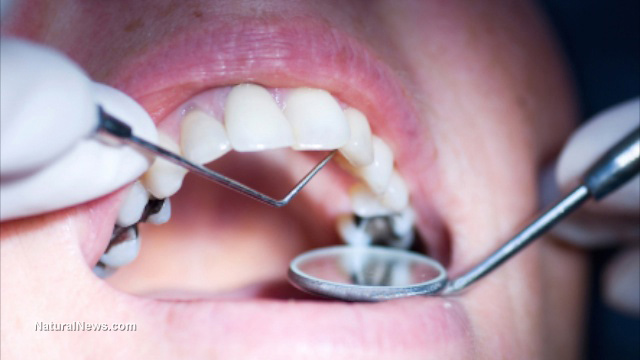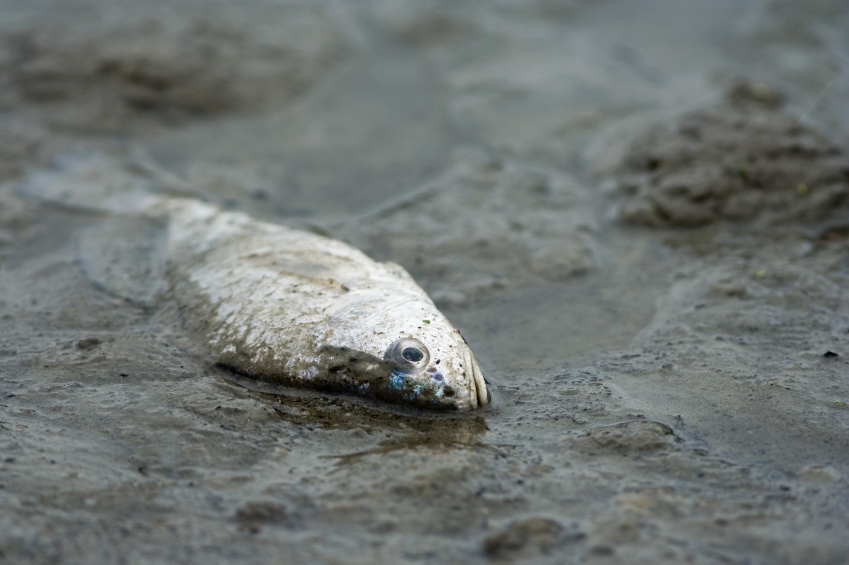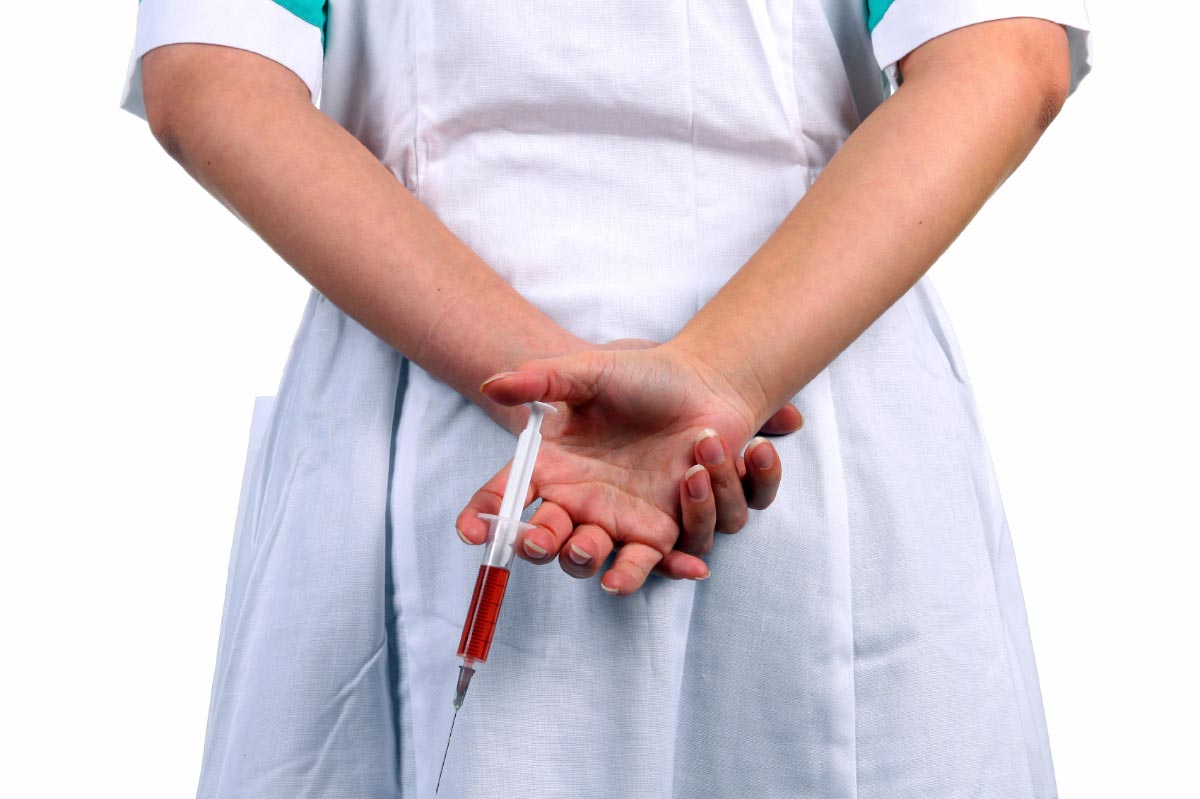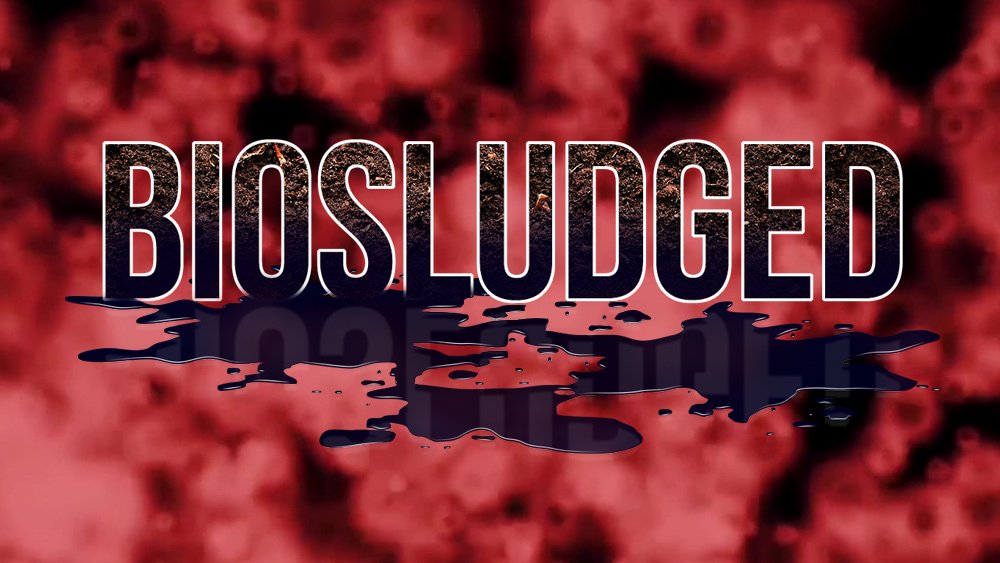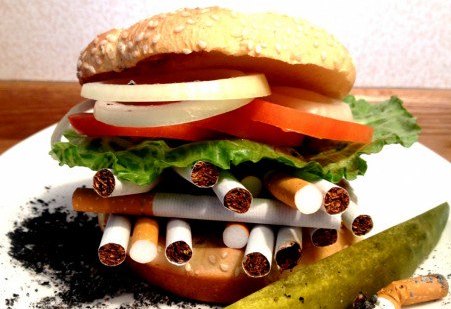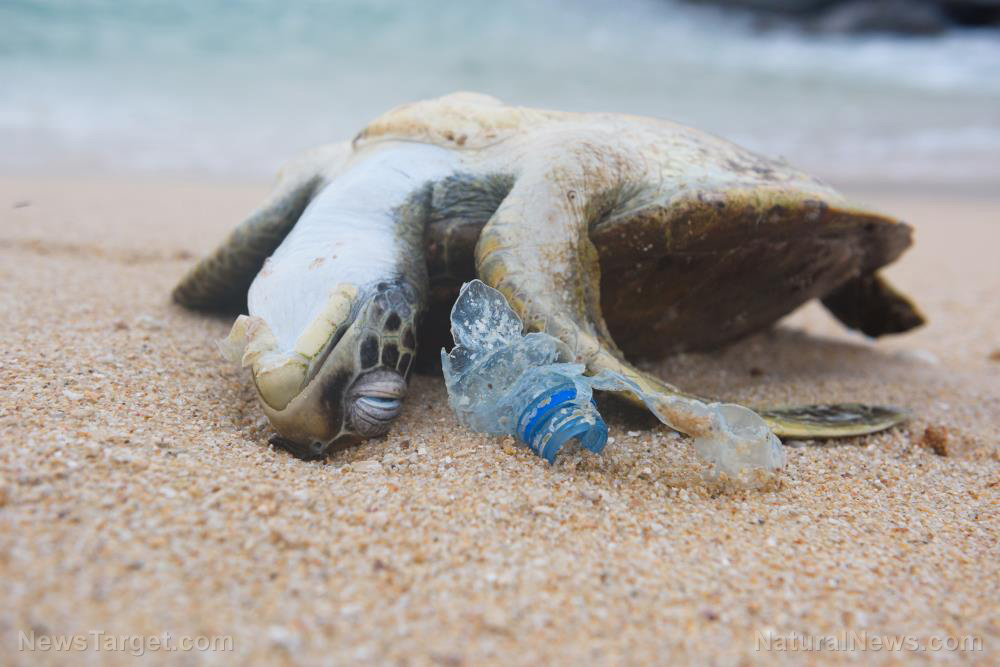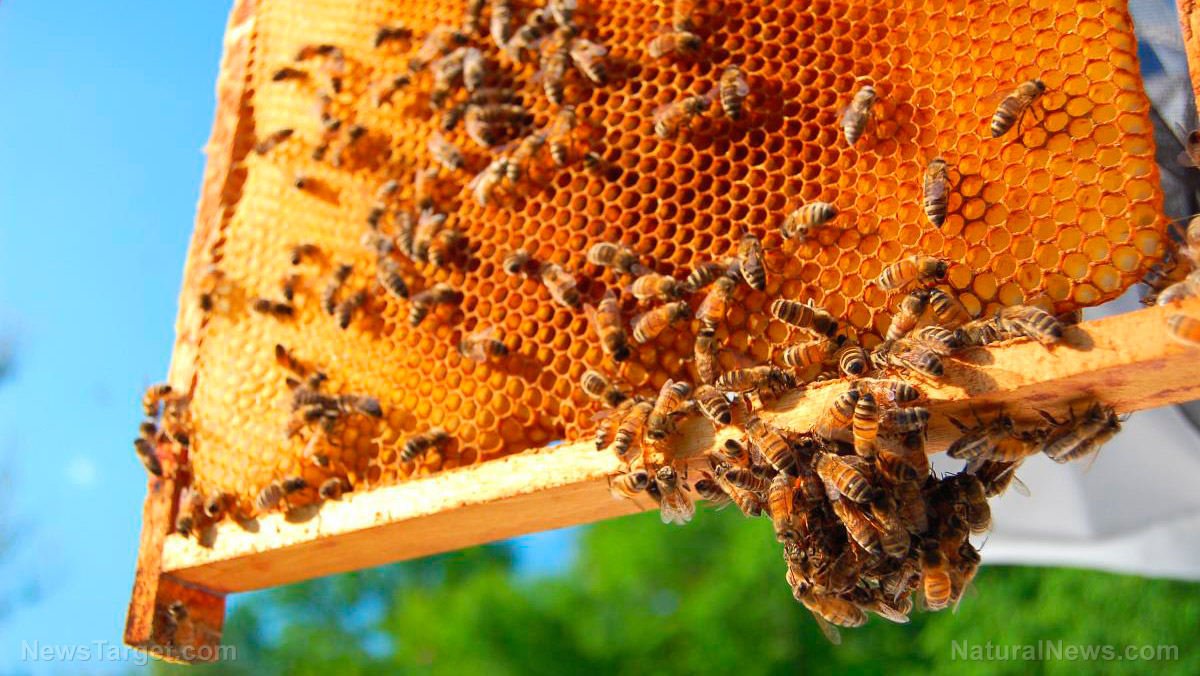Is YOUR indoor cat or dog consuming parabens? The preservatives are poisoning pets
04/10/2018 / By Frances Bloomfield

Parabens: the dangers posed by these synthetic additives are well documented by now. They’ve been linked to the increased risk of breast cancer and early puberty, as well as reduced sperm levels. As such, manufacturers of cosmetics and personal care products have been trying to phase out parabens from their goods. The same can’t be said of other products, however, and that’s why cats and dogs are at high risk of paraben exposure.
This shocking discovery came after researchers studied 58 different varieties of commercial dog food (23 varieties) and cat food (35 varieties). Additionally, they also collected 60 urine samples from 30 dogs and 30 cats in Albany, NY. Analyses revealed that all of the pet food and urine samples contained traces of parabens and their metabolites. In particular, the researchers noted that the most abundant chemicals were methylparaben, an antibacterial agent and fungicide, and 4-hydroxybenzoic acid, a metabolite and aromatic acid.
The paraben and metabolite content of dry food was higher than that of wet food. Moreover, the concentrations of these chemicals were much greater in cat food. Total paraben mean concentrations for cat food were 1550 nanogram per gram (ng/g) of fresh weight; dog food total paraben mean concentrations came to around 1350 ng/g of fresh weight. (Related: China attacks U.S. pet food company for NOT using China-based ingredients.)
Interestingly, the total paraben mean concentrations in the urine samples demonstrated that dogs were more exposed to parabens. The mean concentrations in dog urine were around 7,230 nanogram per milliliter (ng/mL); in cat urine, it was around 1,040 ng/mL.
Based on the results, the researchers concluded that dogs were coming into contact with other sources of parabens in addition to their food. On the other hand, diet was the main route of paraben exposure for cats. The researchers added that this is the first time the presence of paraben had been reported in dog and cat food and urine in the United States.
Currently, there are no studies that have looked into the negative effects of paraben exposure on pets. However, as the researchers pointed out in their study, they believe that these chemicals and various others may be contributing to the rising incidences of disease among pets that largely stay indoors.
Avoid the hassle and make your own pet food: Ingredients to include
One way to limit parabens in your pet’s diet is to make your own pet food. But since cats and dogs are different from one another and from humans, what’s good for one species may not necessarily be true for the other. If you’d like to take that extra step and put together a homemade meal for your pet, then take note of what you can and can’t give them:
- Cooked meat: A must for cats since they’re obligate carnivores, meaning they get their nutrition primarily from meat. Beef, pork, and chicken are all safe for dogs and cats, provided that they haven’t been peppered with any sauces or seasonings. Salt is especially bad for dogs since it can lead to salt poisoning or water deprivation. Watch out for small bones too as these are potential choking hazards.
- Cooked eggs: Both cats and dogs can eat cooked eggs with little issue. Feeding them medium-sized eggs will provide them with a good amount of minerals, vitamins, and protein. Raw eggs should be avoided in their entirety since they can carry salmonella and make your pet ill.
- Cooked salmon: The omega-3 fatty acids in salmon support eye, brain, and skin health of cats and dogs alike. As with all other foods mentioned so far, salmon should always be cooked before serving it to your pet since this minimizes the risk of sickness.
- Plain oatmeal: Without any additional flavors, fiber-rich oatmeal can be a good addition to your pet’s diet. Not all cats may like oatmeal, but it won’t do them any harm either. Just make sure that your cat likes it before mixing it in with their food.
Visit PetHealth.news for more guides and tips on keeping your best friend healthy and happy.
Sources include:
Tagged Under: cat food, cat health, chemicals, dog food, dog health, methylparaben, paraben, paraben exposure, parabens, Pet food, pet health, Pets, toxic chemicals, toxins



